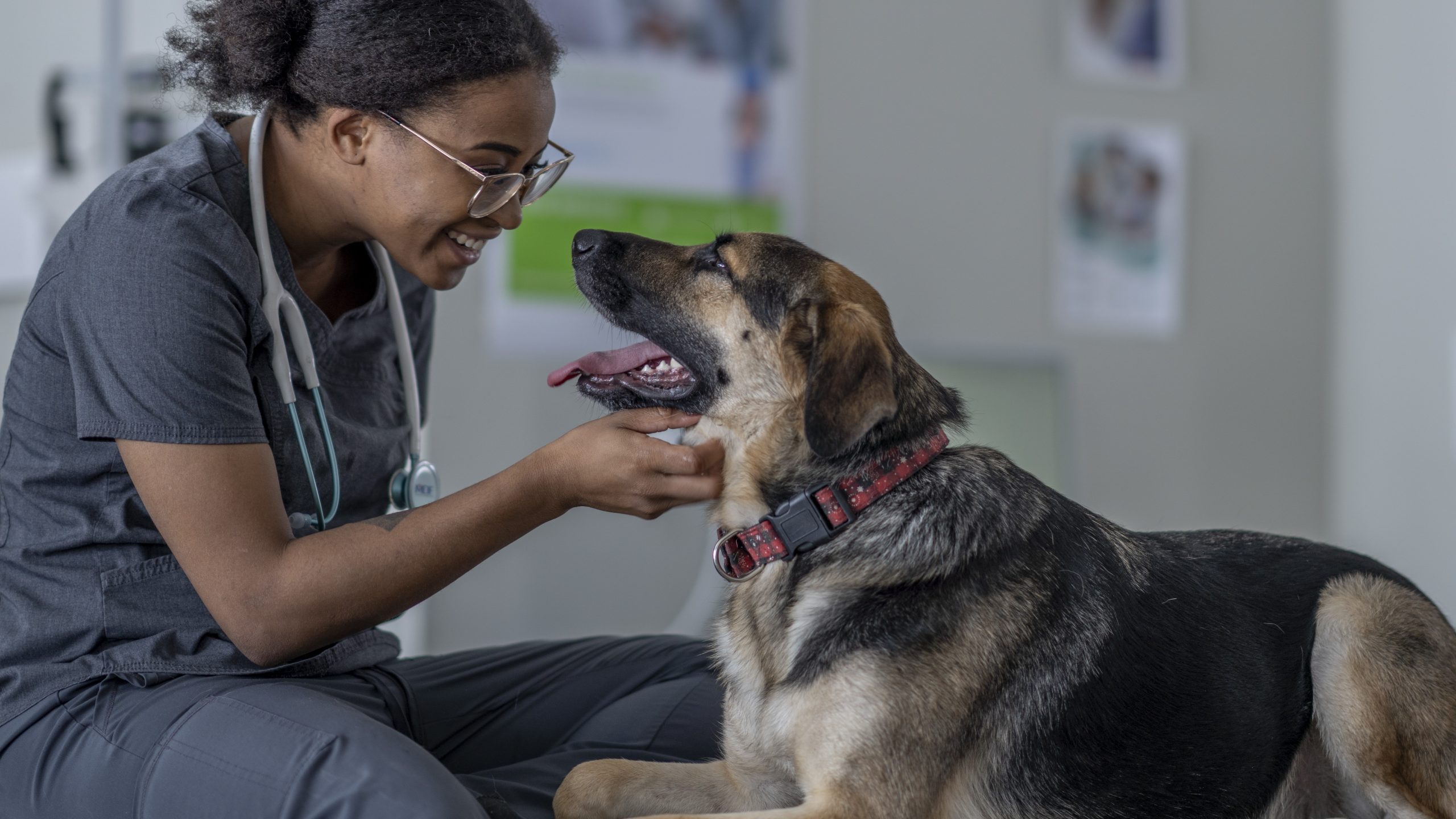Vet Enterprise: Offering Comprehensive Solutions for Your Pet's Health and Safety
Vet Enterprise: Offering Comprehensive Solutions for Your Pet's Health and Safety
Blog Article
Inoculation Standards From Your Trusted Vet
Vaccination guidelines supplied by your trusted veterinarian play an important function in securing your family pet's health and well-being. Additionally, dealing with usual false impressions bordering vaccines can further improve family pet owners' self-confidence in these preventive actions.
:max_bytes(150000):strip_icc()/veterinarian-526081-final-d02935e28abf4e4a9b4dc25b5d0f2cc8.png)
Significance of Vaccinations
Vaccinations play a critical duty in safeguarding animals against a series of preventable conditions. By boosting the immune system to recognize and combat particular microorganisms, vaccinations substantially minimize the occurrence of infectious conditions that can impact a pet dog's health and long life. Not just do inoculations secure specific animals, but they additionally contribute to herd resistance, therefore reducing the total prevalence of illness in the pet dog populace.
Timely vaccinations assist to minimize the spread of diseases such as rabies, parvovirus, and distemper, which can have serious effects for both people and family pets. Moreover, vaccinations are typically a requirement for boarding centers, brushing solutions, and dog parks, making them necessary for those who want to socialize their pet dogs.

Core Injections for Family Pets
While the certain inoculation requirements of family pets can differ based upon individual elements, core vaccines are globally suggested to secure versus the most serious and common diseases (Pet Health Checkup). Core vaccines are those regarded crucial for all pets, no matter their lifestyle or geographical place, as they guard against potentially deadly and extremely transmittable diseases
For dogs, the core vaccines include those for canine distemper, parvovirus, adenovirus (liver disease), and rabies. Canine distemper is a viral condition that affects the breathing, stomach, and nerve systems. Parvovirus is understood for creating extreme stomach illness, especially in young puppies. Adenovirus can cause liver condition, while rabies is a zoonotic condition that poses a threat to both pets and humans.
In cats, core vaccines include feline panleukopenia, feline calicivirus, feline herpesvirus (rhinotracheitis), and rabies. Feline panleukopenia is a very contagious viral disease that influences the immune system and intestinal tracts. Calicivirus and herpesvirus are significant contributors to upper respiratory infections in cats, while rabies remains a crucial worry for public wellness.
Talk to your veterinarian to guarantee your family pets receive their core inoculations on schedule.
Non-Core Vaccines Explained
Non-core vaccinations are tailored to deal with details threats related to an animal's atmosphere, way of living, and direct exposure to specific conditions. Unlike core vaccines, which are globally advised for all pet dogs, non-core vaccinations are taken into consideration based upon private circumstances. These vaccines are specifically important for animals that might experience distinct microorganisms as a result of their geographical place, traveling practices, or tasks.
Examples of non-core injections include those for Bordetella bronchiseptica, which is connected to kennel coughing, and Lyme illness, created by ticks. Pet dogs that often interact with other pets, such as those in boarding centers, pet dog parks, or brushing settings, may profit from Bordetella vaccination. Similarly, if you reside in a location where Lyme illness prevails, vaccinating against this illness can be a prudent choice for outdoor-loving pet dogs.
Other non-core vaccinations may include those for leptospirosis, canine flu, and feline leukemia, depending upon the particular threat factors present. It is important to have a comprehensive discussion with your veterinarian about your pet's lifestyle and the possible requirement for these vaccinations, ensuring a tailored inoculation technique that ideal secures your furry friend.
Inoculation Set Up Overview

As pets develop, it is necessary to stick to the advised booster vaccinations. Pet Vaccinations. For adult pets, core vaccines are typically provided every one to 3 years, depending on the particular vaccination and regional policies. Non-core vaccines may be advised based upon lifestyle variables and regional illness prevalence, requiring a tailored technique
Regular veterinary examinations are important for upgrading inoculation schedules. Your vet can give advice on one of the most suitable booster shots for your pet dog, factoring in age, wellness standing, and ecological dangers. By staying proactive and educated, animal owners can guarantee their fuzzy buddies get efficient and prompt inoculations, consequently guarding their wellness and wellness throughout their lives.
Common Misconceptions Regarding Vaccines
False impressions regarding pet vaccinations can bring about complication and hesitation among animal owners pertaining to the booster shot process. One common misconception is that injections are unnecessary for indoor family pets. While it's true that interior family pets face lower threats, they are not completely immune to conditions, as virus can be introduced through numerous means, consisting of human clothes and other pets.
Another misconception is that vaccines can trigger the conditions they intend to stop. Actually, the majority of vaccinations have suspended or undermined microorganisms, which can not cause illness in healthy and balanced animals. Some animal owners additionally think that their animals must not be immunized if they Source are currently healthy and balanced; however, vaccinations are an aggressive procedure that aids avoid the beginning of illness.
Additionally, numerous pet dog proprietors are afraid that vaccinations will lead to long-lasting health problems. The benefits of vaccination-- safeguarding pets from possibly life-threatening diseases-- far exceed the threats.
Verdict
In summary, adherence to vaccination guidelines is vital for making sure the health and wellness and durability of pet dogs. Eliminating common misconceptions bordering vaccinations additionally strengthens the importance of educated decision-making in pet dog care.
Not only do inoculations shield individual pets, yet they also contribute to herd resistance, thereby reducing the general frequency of diseases in the animal populace.
False impressions regarding pet vaccinations can lead to complication and hesitation among pet owners address relating to the immunization process. While it's true that interior pets encounter lower dangers, they are not entirely immune to conditions, as virus can be introduced through numerous ways, consisting of human garments and other pet dogs.
Some family pet owners likewise believe that their family pets need to not be vaccinated if they are already healthy and balanced; however, vaccinations are a proactive step that assists avoid the onset of disease.
The benefits of vaccination-- safeguarding animals from possibly lethal illness-- far exceed the threats.
Report this page